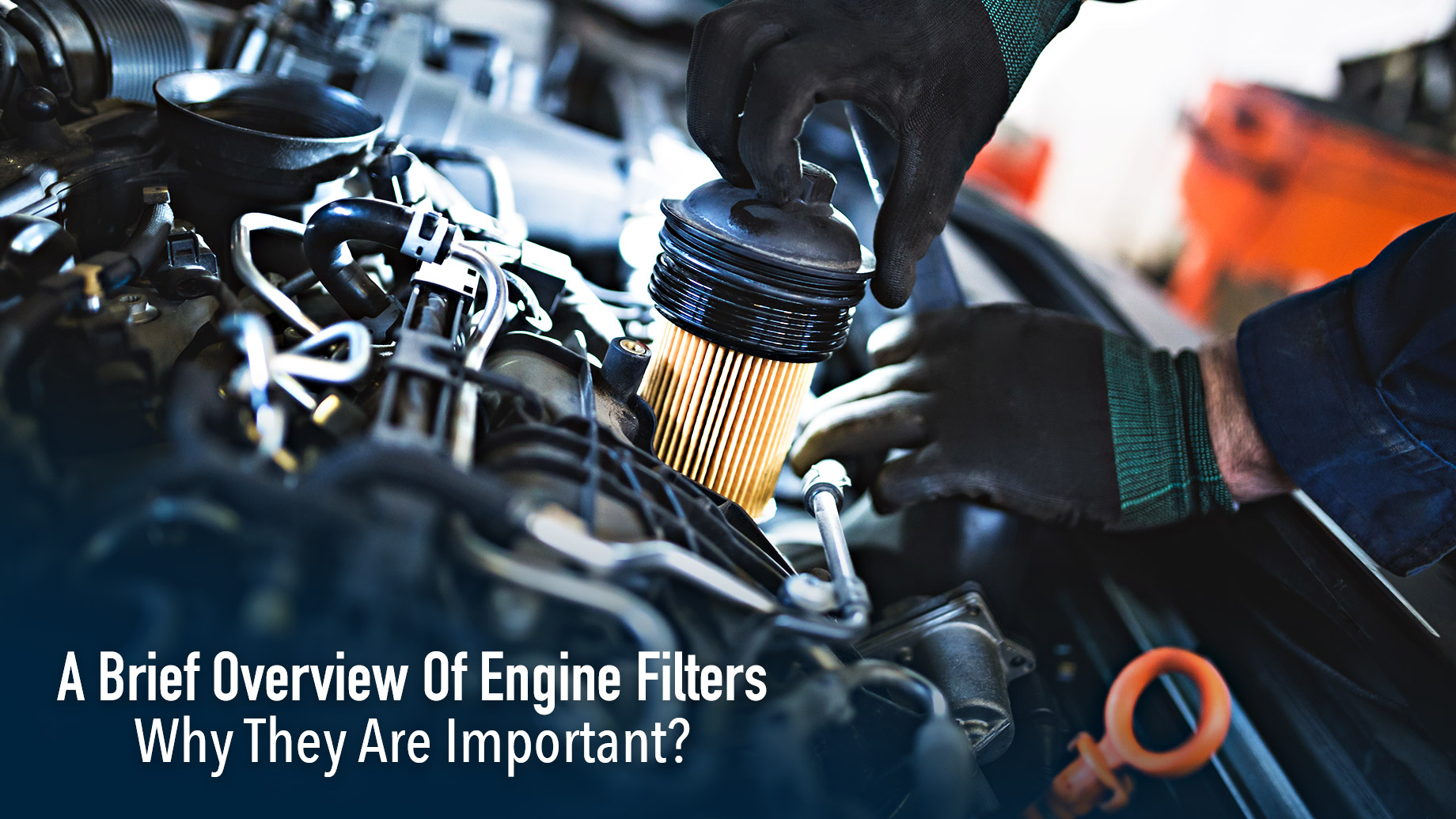
For combustion engines to work correctly, they need unrestricted airflow. This is called an air intake and is usually found on the front of a machine. Other parts of an engine also require a free flow of incoming air, including the carburetor and fuel injector. In some cases, these parts may not be located at the front but rather along an interior wall.
The most common way to increase or decrease airflow towards any part of an engine is through a filter. The filter is one of the most critical and complex components of any engine, and they are responsible for the majority of automobile radiator performance. Different filters with varying functions and applications allow engineers to customize each part for its particular application.
Some Other Common Types of Filters
Many different types of air filters are used to give various benefits. Each filter has a unique design that allows for different degrees of airflow and filtration. You can find almost every type of filter on FCP solutions, a reputed and authorized engine parts seller.
- Air Filters: An air filter is specifically designed to capture harmful contaminants present in the air. They often have an excellent mesh that will trap any dust or dirt particles traveling with the airflow and provide the required air to the engine for proper combustion.
- Coolant or Water Filters: The coolant filter is another type of filter meant to trap contaminants and moisture. Air filters primarily work on removing harmful particles from the air, while coolant filters are designed to remove any water or moisture that may enter a combustion engine.
- Oil Filters: Filters intended for oil are often placed as an aftermarket part. They’re used to remove or trap any debris within an engine to keep oil flow clean and clear.
- Fuel Filter: Fuel filters are meant to filter out any dirt and debris from the fuel before the engine can use it in combustion. This is especially important for engines that use unleaded gas, which may contain impurities or contaminants that could be harmful.
In simplest terms, filters separate the airflow and part of the engine that needs an intake, such as the air cleaner. Without a filter, dirt particles, water, oil, and debris may enter into a combustion engine, which can cause problems such as a clogged engine exhaust or damaged pistons in extreme cases.
Why Do You Need To Change Them?
An air filter may look like any other part of the engine, but it can become clogged and dirty over time. When this happens, there will be a reduction in the air sent to the engine. This may lead to a decrease in power or an increase in emissions. In addition, a clogged filter can cause premature wear on other parts such as fuel injectors, spark plugs, and oil pumps.
The good news is that many manufacturers recommend specific intervals for replacing filters as part of an annual vehicle maintenance schedule or whenever there are problems with the car’s performance. In some cases, it’s best to rely on manufacturers’ recommendations because they know their own product best and have access to proprietary data regarding your make and model vehicle.